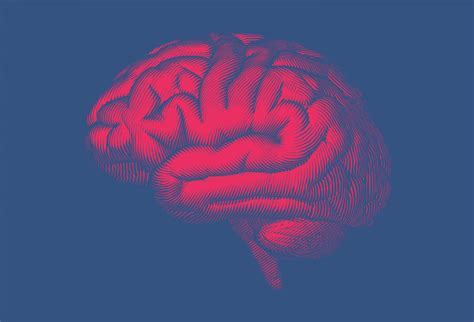Introduction

The field of neuroscience has seen unprecedented growth in recent years, making it an increasingly popular choice for students pursuing a college degree. At the University of California, Los Angeles (UCLA), the Neuroscience Major offers an unparalleled opportunity for students to delve into the intricate and fascinating workings of the human brain.
Program Overview
The UCLA Neuroscience Major is a highly selective program that attracts students from diverse academic backgrounds. The curriculum is designed to provide a comprehensive understanding of the nervous system, from its molecular and cellular components to its cognitive and behavioral functions.
Core Coursework
Students in the Neuroscience Major complete a rigorous core curriculum that includes:
- Neurobiology
- Cellular and Systems Neuroscience
- Neurophysiology
- Neuroanatomy
- Neuropharmacology
- Cognitive Neuroscience
- Computational Neuroscience
Electives
In addition to the core coursework, students can choose from a wide range of electives to tailor their studies to their specific interests. Electives include:
- Neuroimaging
- Neuropsychology
- Psychopharmacology
- Neuroethics
- Computational Modeling of Neural Systems
Research Opportunities
UCLA is home to world-renowned neuroscience research labs, providing ample opportunities for students to get involved in cutting-edge research projects. Students can work alongside faculty members in fields such as:
- Neurodegenerative diseases
- Neurodevelopmental disorders
- Brain-computer interfaces
- Neural stem cell research
Career Paths
Graduates with a Neuroscience Major from UCLA are well-prepared for a wide range of career paths in academia, industry, and healthcare. Common career options include:
- Neuroscience research scientist
- Neurologist
- Psychiatrist
- Neuropsychologist
- Neuropharmacologist
- Computational neuroscientist
Why Neuroscience Matters
Understanding the brain is crucial for addressing some of the most pressing challenges facing society today, including:
- Neurodegenerative diseases such as Alzheimer’s and Parkinson’s
- Mental health disorders such as depression and schizophrenia
- Traumatic brain injuries
Benefits of a Neuroscience Major
- Advanced brain understanding: Gain a comprehensive knowledge of the brain’s structure, function, and development.
- Analytical and critical thinking skills: Develop strong skills in scientific reasoning, data analysis, and problem-solving.
- Research experience: Acquire hands-on experience in neuroscience research, preparing you for a career in academia or industry.
- Career opportunities: Pursue a wide range of rewarding career paths in healthcare, research, and technology.
Tips and Tricks
- Get involved in research early on: Contact faculty members and ask about research opportunities.
- Attend neuroscience events and seminars: Stay up-to-date on the latest research findings and network with professionals in the field.
- Join neuroscience clubs and organizations: Get involved with student groups to connect with other students and gain practical experience.
Common Mistakes to Avoid
- Underestimating the rigor: Neuroscience is a demanding field, so don’t underestimate the amount of effort required.
- Ignoring electives: Electives can help you specialize in a particular area of neuroscience, so take advantage of them.
- Not getting involved in research: Research experience is essential for a successful career in neuroscience, so make it a priority.
Conclusion
The Neuroscience Major at UCLA is an exceptional program that provides students with a deep understanding of the human brain and its role in human behavior. Graduates of this program are well-equipped for a variety of career paths in healthcare, research, and industry. If you have a passion for understanding the complexities of the mind, the UCLA Neuroscience Major may be the perfect fit for you.
Additional Information
- Admission requirements: High school GPA of 3.7 or higher; strong performance in math and science courses; competitive ACT or SAT scores.
- Number of students: Approximately 120 undergraduates in the Neuroscience Major.
- Faculty: Over 100 faculty members with expertise in various areas of neuroscience.
-
Research centers: UCLA is home to several world-renowned neuroscience research centers, including:
- Brain Research Institute
- Center for Cognitive Neuroscience
- Semel Institute for Neuroscience and Human Behavior
